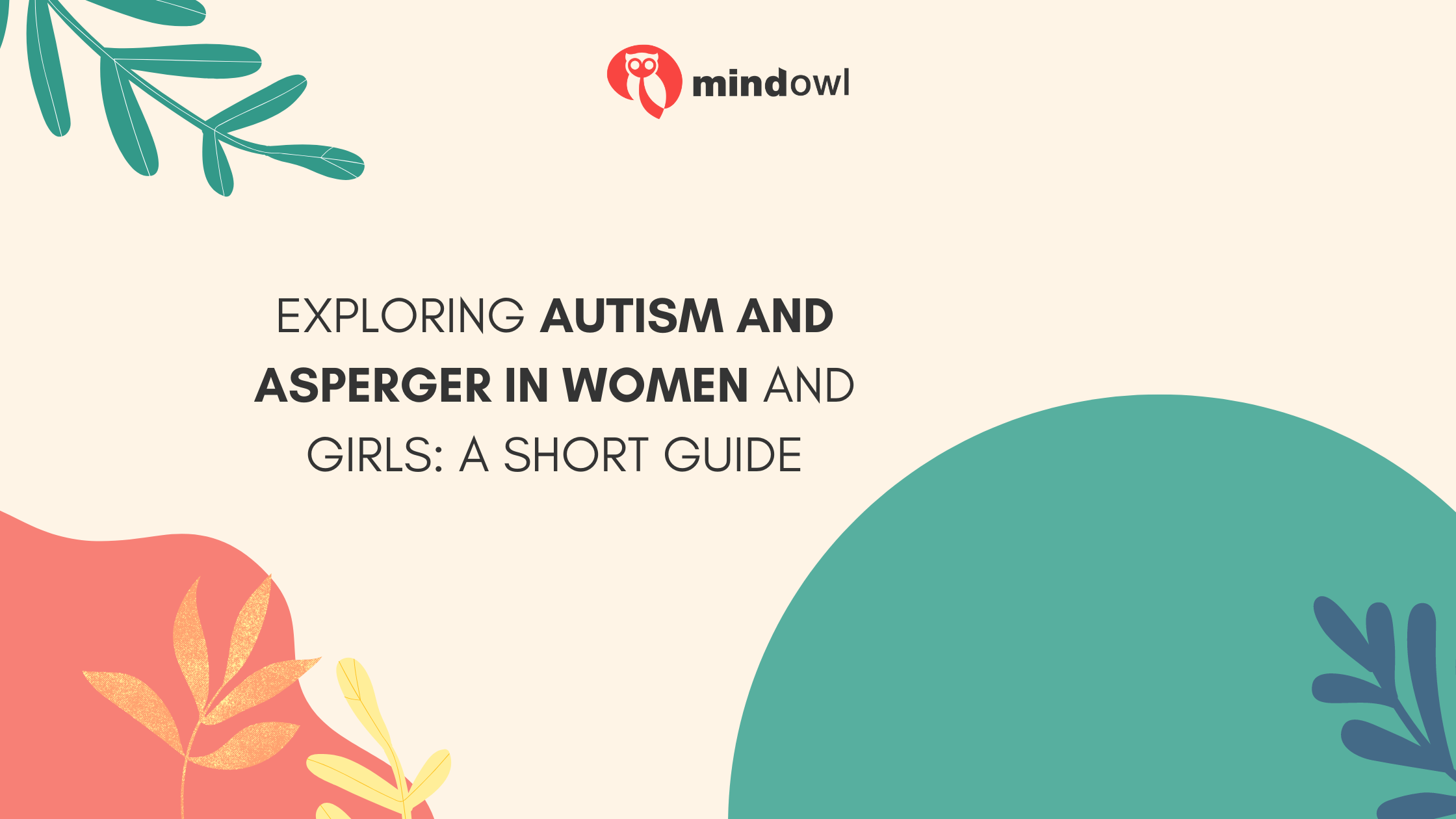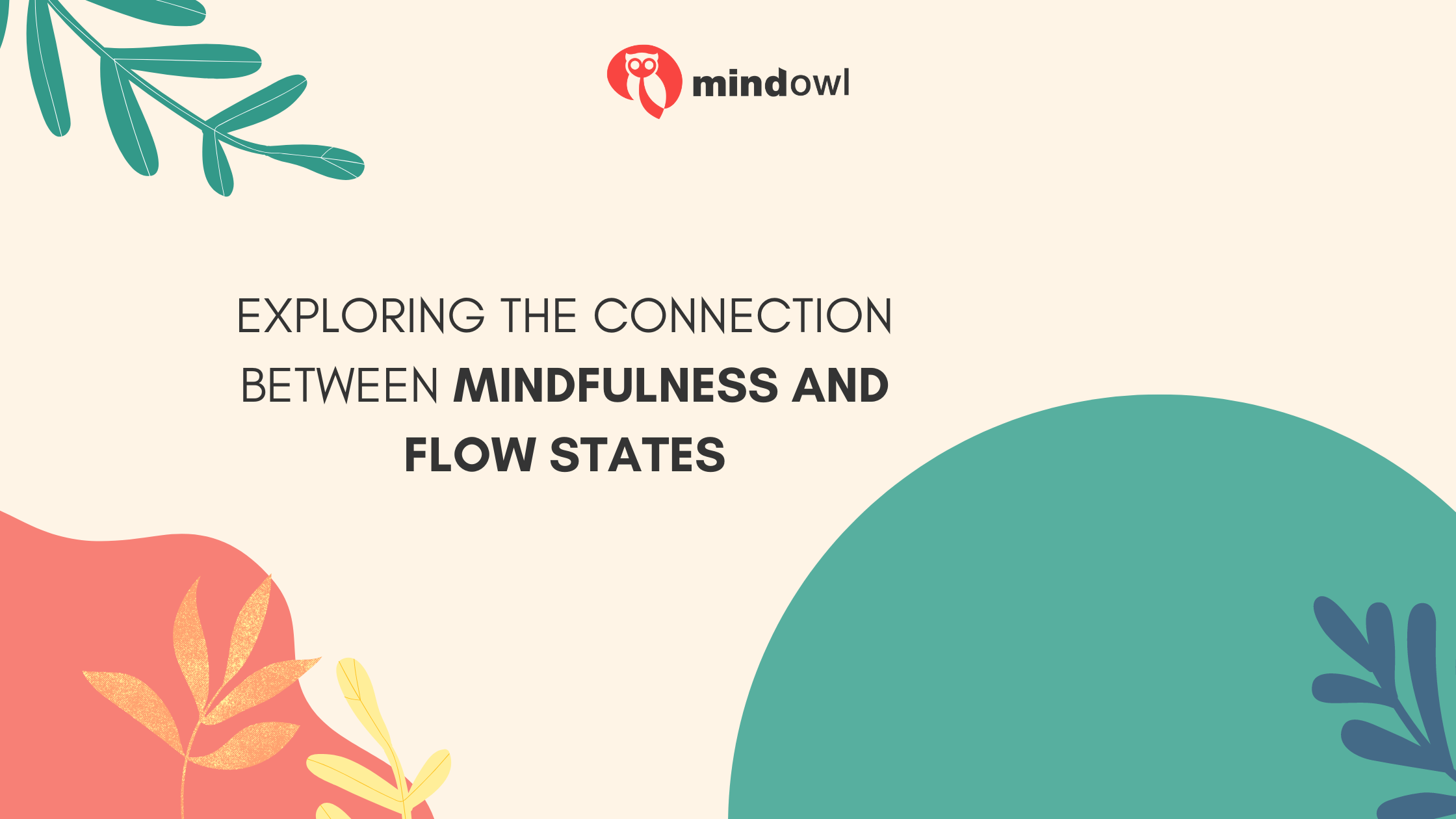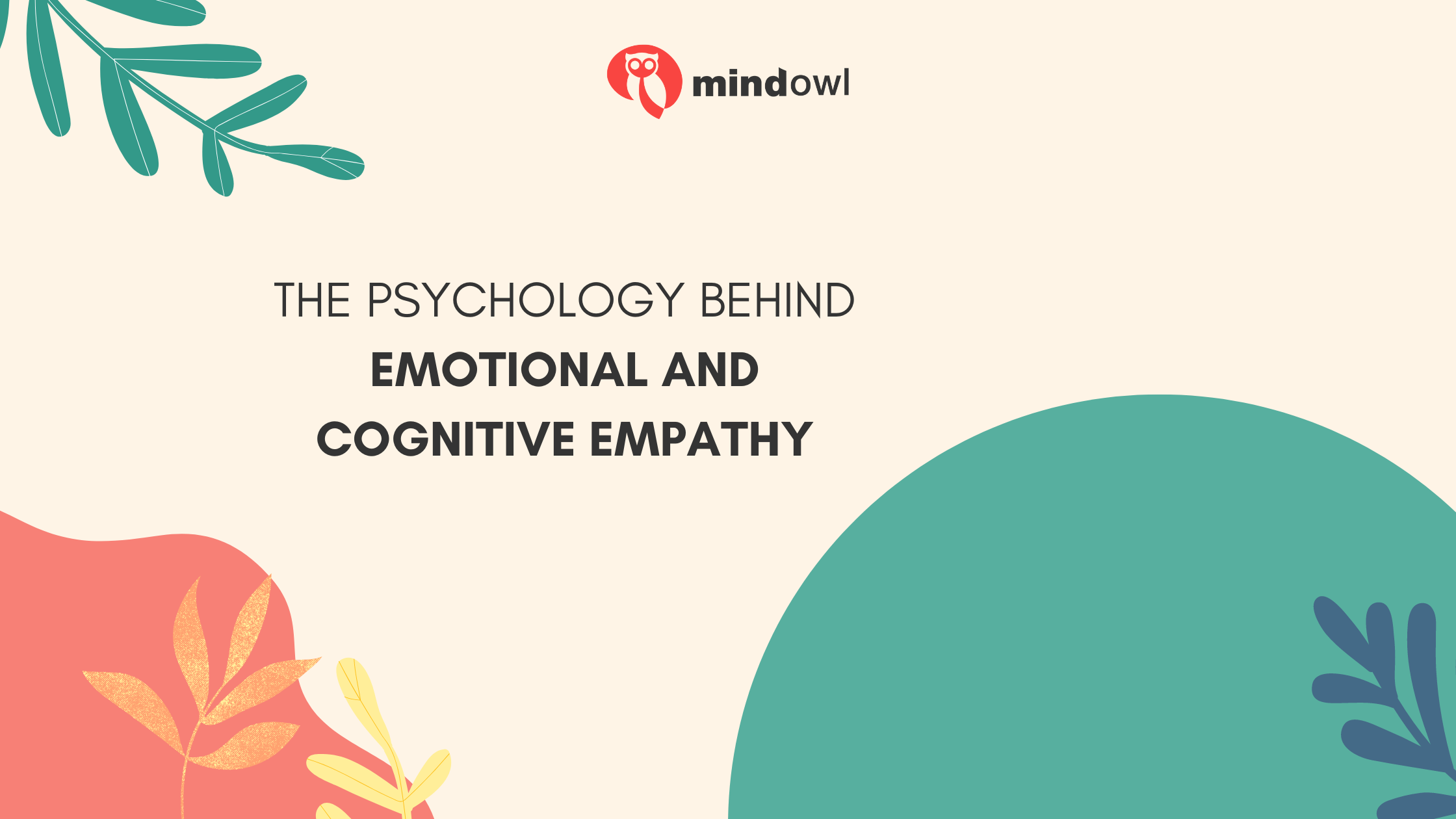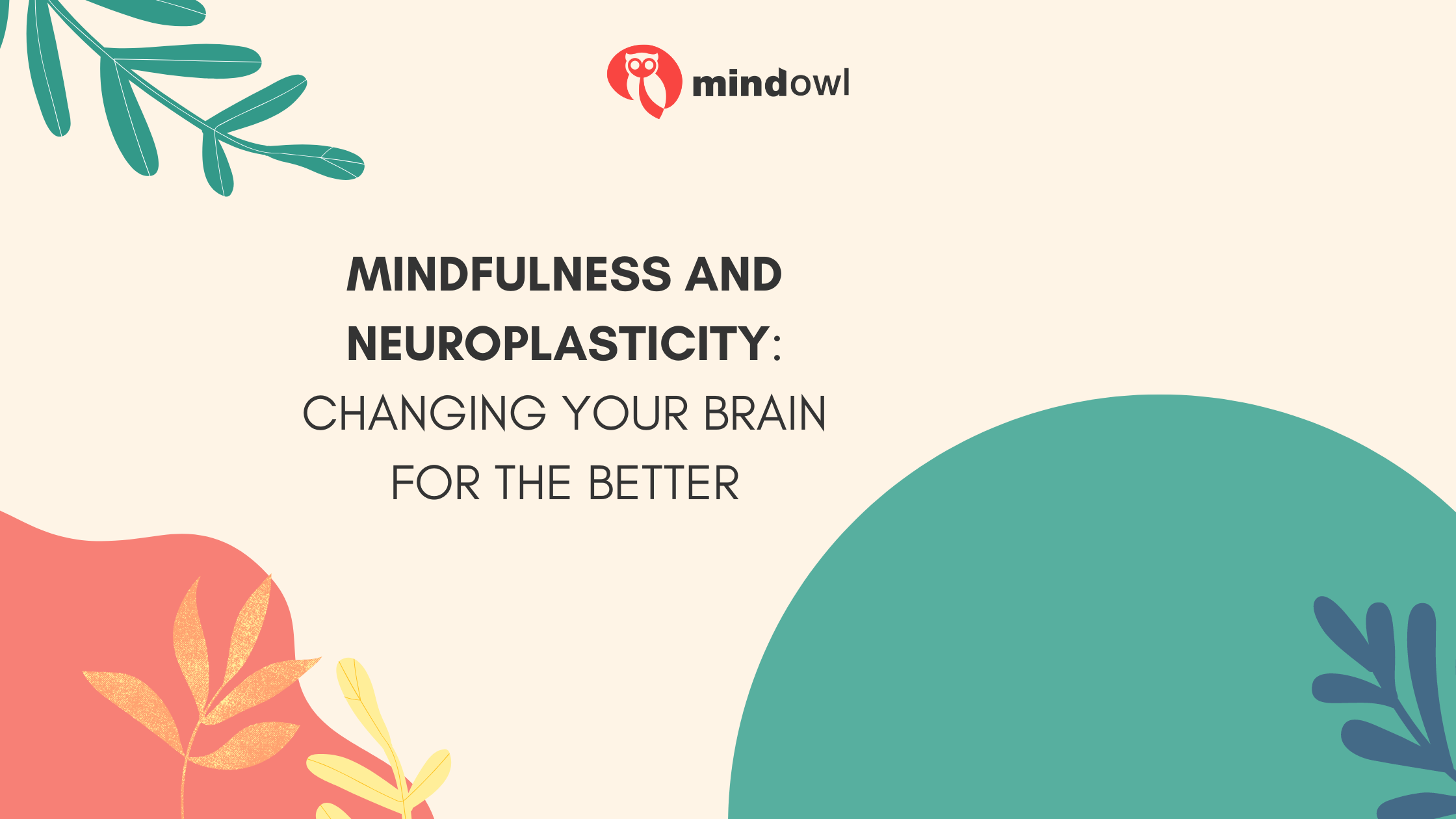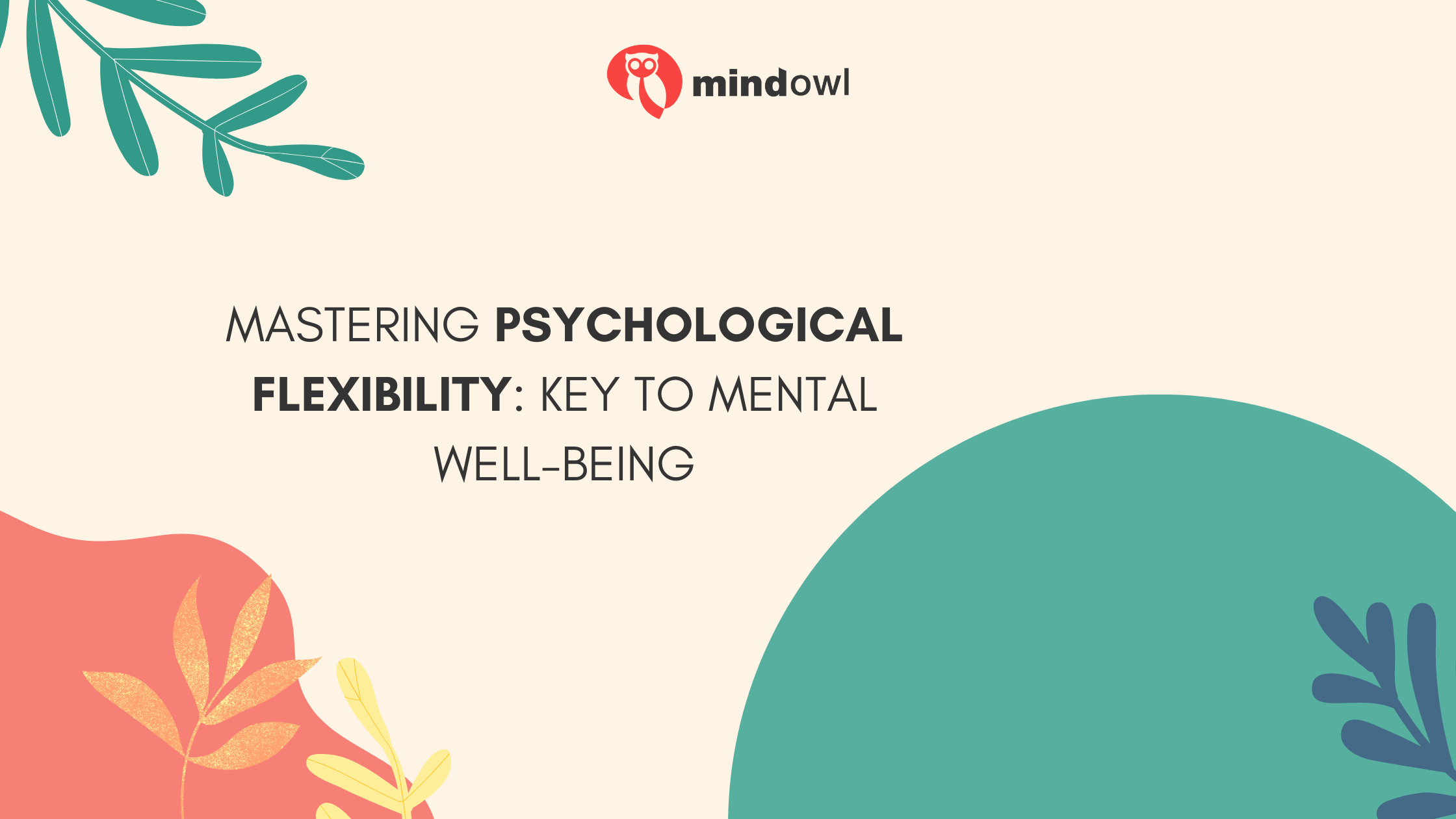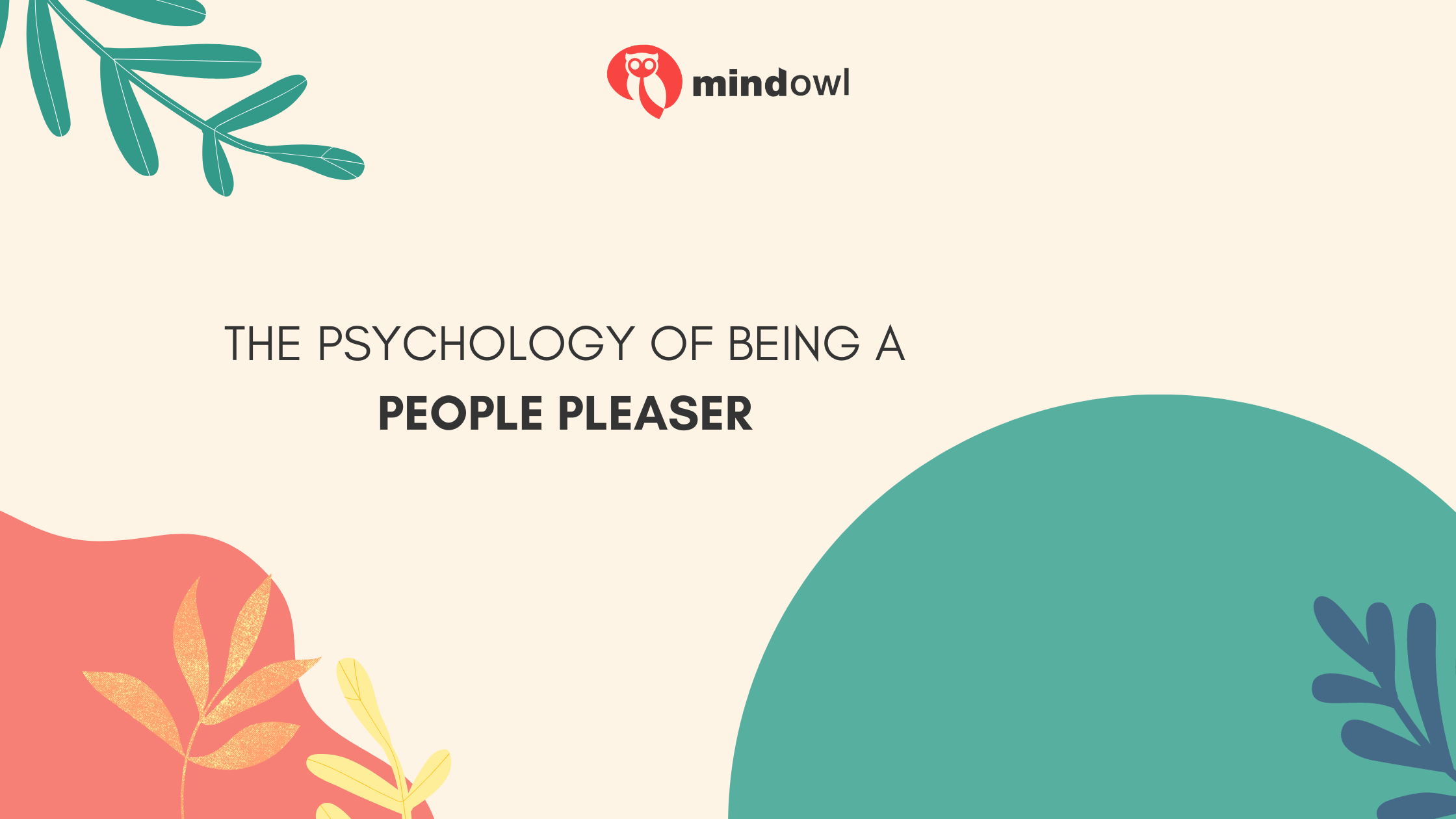Exploring Autism and Asperger in Women and Girls: A Short Guide
Are you wondering if autism shows up differently in women and girls? Autism, including Asperger syndrome, doesn’t always look the same way it does in men. This difference can make it hard for women and girls to get the right help and understanding they need. In this article, we’ll discuss what autism looks like in […]

